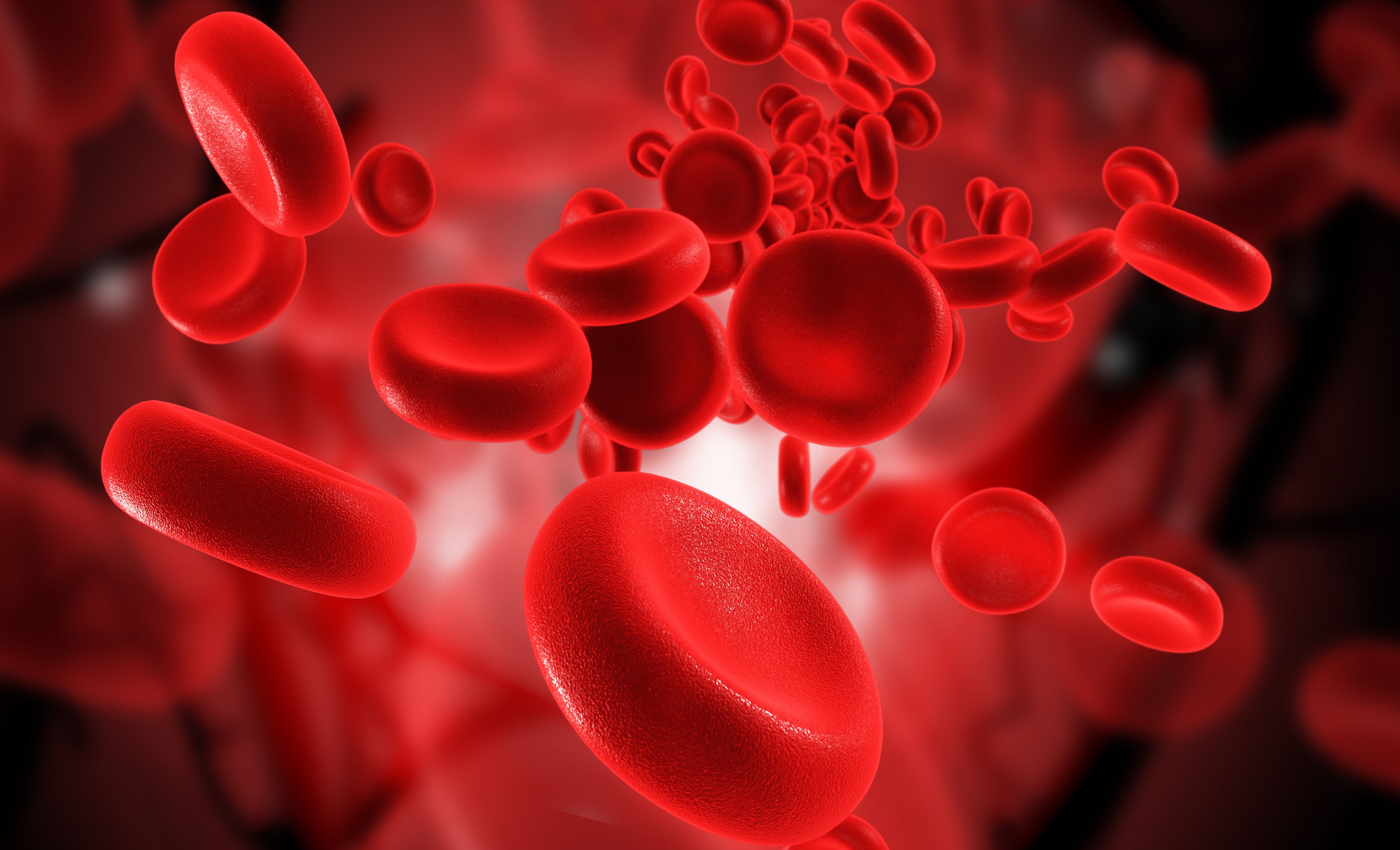FDA Grants Fast Track Designation to SLS009 in R/R AML
The novel CDK9 inhibitor previously received orphan drug designations in relapsed/refractory acute myeloid leukemia and peripheral T-cell lymphoma.
Blood cells: ©abhijith3747 - stock.adobe.com

- SLS009, a novel CDK9 inhibitor, has been granted a fast track designation by the FDA.1
- Fast track designation is intended to facilitate the development and review of drugs that treat serious conditions with unmet needs.
- Drugs that receive fast track designation are eligible for accelerated approval and priority review if relevant criteria are met.
The FDA has granted a fast track designation to SLS009 (formerly GFH009), a novel and highly selective CDK9 inhibitor, for the treatment of relapsed/refractory (R/R) acute myeloid leukemia (AML), according to SELLAS Life Sciences.1
The FDA fast track designation is designed to help facilitate the development and review of drugs that treat serious conditions with unmet needs. These drugs can also be eligible for priority review and accelerated approval.
SLS009 was granted orphan drug designation in October 2023 for the same indication.2
“Receiving fast track designation for SLS009 for R/R AML, following the recent orphan drug designation for the same indication, underscores the potential for SLS009 and highlights the critical unmet need for patients with AML who face a poor prognosis due to the progressive nature of the disease,” said Angelos Stergiou, MD, ScD hc, president and chief executive officer of SELLAS, in a press release.1
The agent is being investigated in a phase 2a study (NCT04588922) in patients with hematologic malignancies. Nine patients with R/R AML have been enrolled to receive the 45 mg safety dose level. One patient died from sepsis following a COVID-19 infection, and 6 patients remain on the study treatment.
One patient achieved a complete response (CR) and has been on the treatment for 7 months, while another patient has been on the treatment for 6 months. Follow-up duration ranges from 2-7 months, and the median overall survival (OS) has not been reached. Anti-leukemic effects, including a greater than 50% decrease in bone marrow blasts, were observed in 7 of 8 patients (87.5%). No significant safety issues have been reported.
The study’s primary end points are safety and tolerability of SLS009 as evaluated by dose-limiting toxicities and incidence of adverse events. The secondary end points include pharmacokinetics, CR rate, duration of response, progression-free survival, and OS.3
In the trial, patients are receiving either 45 mg or 60 mg of SLS009 in combination with azacitidine or venetoclax (Venclexta). In the 60 mg cohort, patients are being further randomized to receive a 60 mg fixed dose once per week or a 30 mg dose twice per week. Each group has a planned enrollment of 5-10 patients.1
SLS009 also received a fast track designation for patients with R/R peripheral T-cell lymphoma (PTCL) in October 2023. In a phase 1 dose-escalation trial, 4 of 11 patients (36.4%) with AML or PTCL experienced complete or partial responses compared with the PTCL standard-of-care belinostat (Beleodaq), which has demonstrated a response rate of 25.8% in a similar patient population.4
Further data from the phase 2a trial are expected to be announced in Q2 of 2024.1
REFERENCES:
1. SELLAS Life Sciences receives FDA fast track designation for SLS009 for treatment of relapsed/refractory acute myeloid leukemia and provides updated data for phase 2a study of SLS009 in relapsed/refractory acute myeloid leukemia patients. News release. SELLAS Life Sciences. January 9, 2024. Accessed January 11, 2024. http://tinyurl.com/38rre4hh
2. SELLAS receives FDA orphan drug designation for SLS009 for treatment of acute myeloid leukemia. News release. SELLAS Life Sciences. October 11, 2023. Accessed January 11, 2024. https://tinyurl.com/mvmfwydp
3. A study of GFH009 in patients with hematologic malignancies. ClinicalTrials.gov. Updated September 1, 2023. Accessed January 11, 2024. https://clinicaltrials.gov/study/NCT04588922
4. SELLAS Life Sciences receives fast track designation from FDA for SLS009 for treatment of relapsed/refractory peripheral T-cell lymphomas. News release. SELLAS Life Sciences. October 30, 2023. Accessed January 11, 2024. https://tinyurl.com/4wt5tetn
Examining the Non-Hodgkin Lymphoma Treatment Paradigm
July 15th 2022In season 3, episode 6 of Targeted Talks, Yazan Samhouri, MD, discusses the exciting new agents for the treatment of non-Hodgkin lymphoma, the clinical trials that support their use, and hopes for the future of treatment.
Listen
First Dose of CD38-Targeting CAR T-Cell Therapy Administered in AML
January 22nd 2025The first patient with relapsed/refractory acute myeloid leukemia has received KJ-C2320, an allogeneic CAR T-cell therapy targeting CD38 and developed using the THANK-uCAR platform, in an investigator-initiated trial in China.
Read More